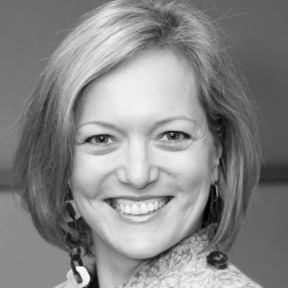How is med-arb regulated in Hong Kong?
In a previous posting I looked at Hong Kong’s new Mediation Ordinance, which came into force on 1 January 2013. This legislative activity comes hot on the heels of a major revision of the Hong Kong Arbitration Ordinance which came into effect in 2011. Given the increasing interest in multi-tiered dispute resolution (MDR) processes such…

